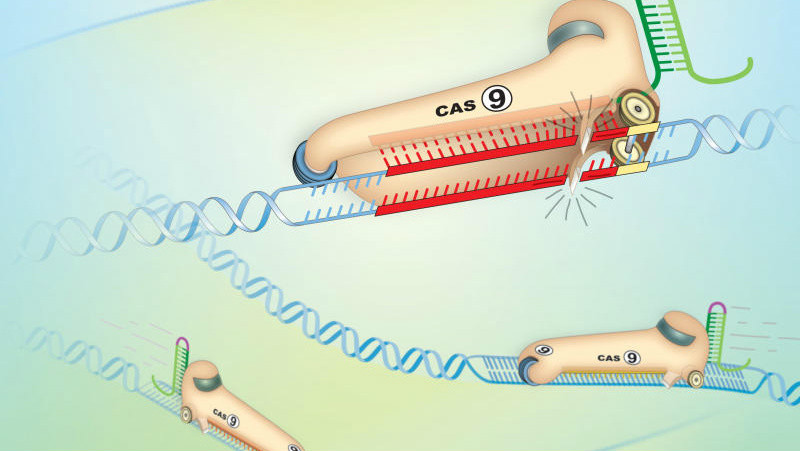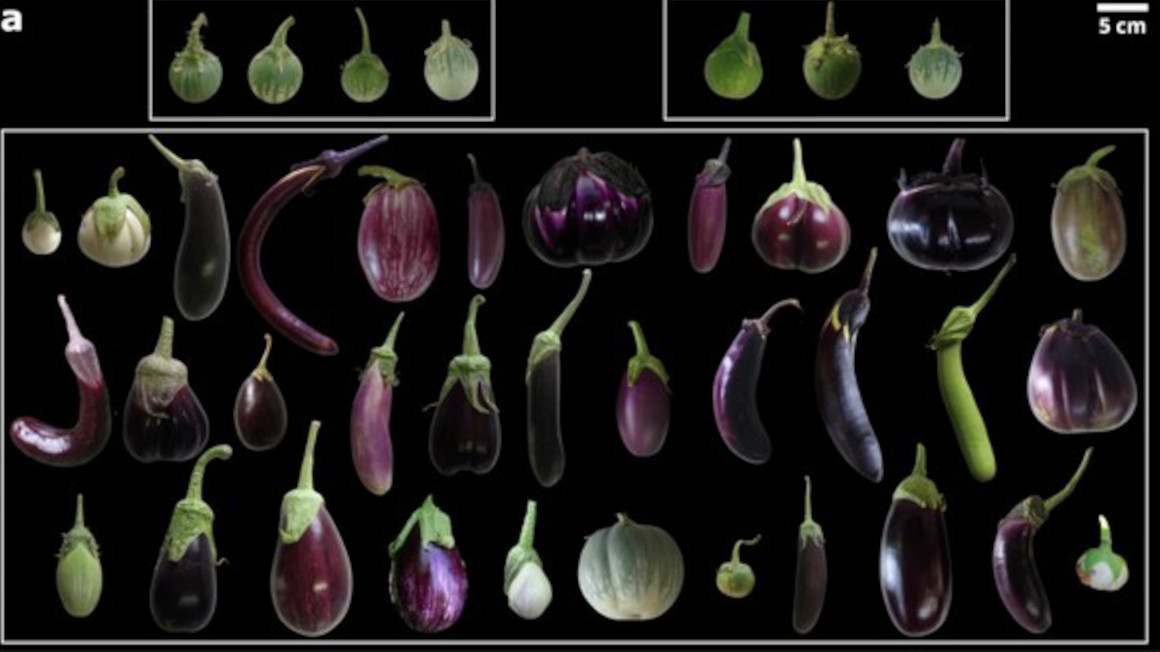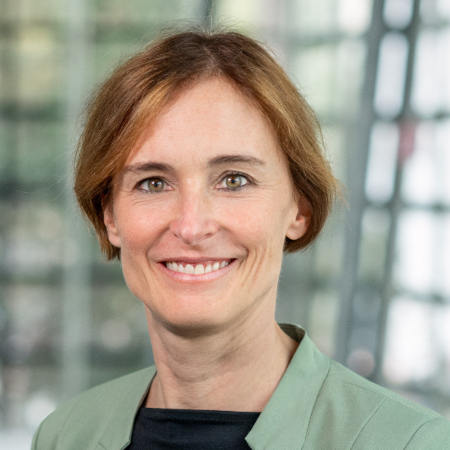BASF receives licence for genome editing
BASF acquired the licence for the genome-editing tool CRISPR-Cas from Boston’s Broad Institute. Now the company can utilize the tool for its global enterprises.

The genome-editing tool CRISPR-Cas is one of the most groundbreaking developments for the field of molecular biotechnology throughout the last decades. Researchers worldwide are free to use this tool. However, the economical use is another matter: companies have to acquire licences from the institutes that patented the innovation.
Now the chemical company BASF has acquired the licence from the Boston-based Broad Institute of the Massachusetts Institute of Technology (MIT) and Harvard University, also based in Boston. The fight for patents for CRISPR-Cas has been going on for years, but the Broad Institute recently achieved a small victory.
CRISPR-Cas is changing the rules
“The CRISPR-Cas technology is a game changer within the field of genome editing,” said Peter Eckes, President of BASF Bioscience Research, which he is heading since early 2015 from Triangle Park in North Carolina (USA).
“This technology represents a transformative application of genome editing for the research community,” agrees also Issi Rozen, chief business officer of the Broad Institute. “CRISPR-Cas can directly benefit advanced research across many industries including human health and agriculture."
Bayer also recently acquired CRISPR-Cas licenses
In September 2016 the US-based company Monsanto – which has been taken over by Bayer in the meantime – has forged a similar licence agreement. Bayer and CRISPR Therapeutics are both supporting the genome-editing start-up Casebia, which focuses on three therapeutic application areas. However, if the application goes beyond those areas – for instance benefiting agriculture – the Bayer AG will have sole access to those products. Conversly, CRISPR Therapeutics is holding the exclusive rights for all medical therapy-applications beyond product number four.
Casebias work is based on patents of the genome-editing pioneer Emmanuelle Charpentier at the University in Vienna and the University in Berkeley (California). These patent packages, however, are in opposition to the Broad Institute.
It is not yet known which of these patents will form the basis for genome editing technologies in eukaryotic cells. A US court recently ruled in favour of the Broad institute, while the European patent office just ruled in favour of Charpentier and the University of Vienna and Berkeley.
jmr


